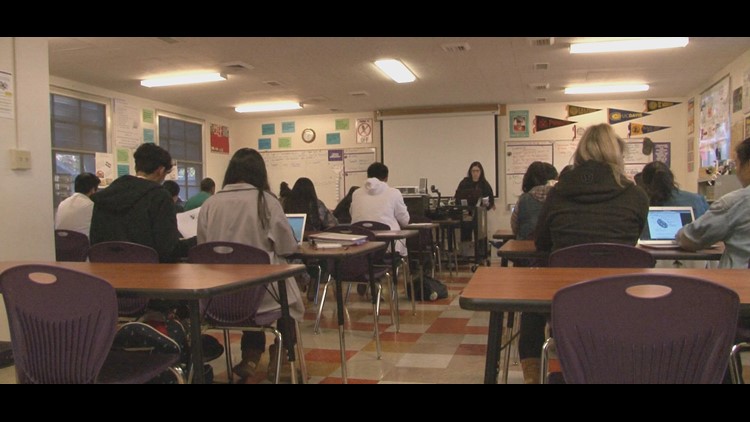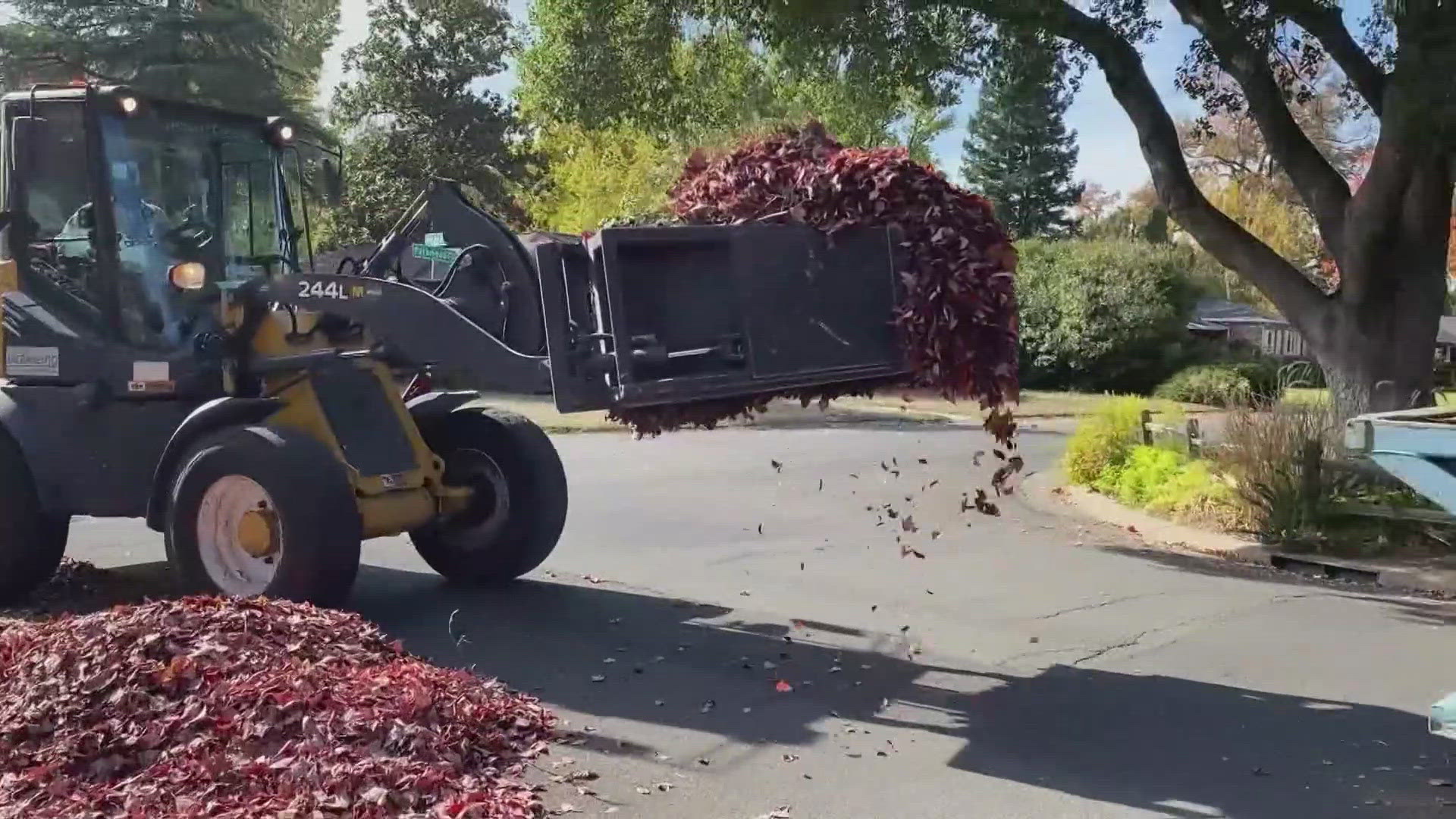Until recently, Folsom Cordova Unified School District was one of three school districts in California with policies allowing staff to carry guns on campus.
While teachers and bus drivers were not allowed to carry guns, staff and administrators who already had a concealed weapons permit could safely secure a gun on campus if they had their own liability insurance and interview with superintendent.
Last year, Gov. Brown signed into law Assembly Bill 424 which banned all guns from K-12 schools. The law went into effect on Jan.1, 2018.
Prior to this change, California law allowed superintendents to authorize employees to access a safely stored and secured gun on campus. Employees must have already had a concealed weapons permit and approached the district first if they wanted to be authorized.
The new law bans the authority of superintendents or equivalent school authorities from providing written permission for a person to possess a firearm within a school zone, even if they have a concealed weapons permit.
However, there are exceptions to the law. Here are instances where guns are allowed to be carried or used in California schools:
- Law enforcement officers can carry guns on campus.
- Security guards who are authorized to carry firearms can have guns on schools.
- If a member of the military is performing his or her professional duties.
- A guard who delivers money or valuables can carry out their job as usual.
- For school or sports activities which involve shooting such as trap shooting, clay shooting, pistol shooting that are sanctioned by a school, school district, college, university, or other governing body of the institution.
- Guns can be used for state-certified hunter education programs, if all firearms are unloaded and participants don't hold live ammunition in a school building.
- When the person is exempt from the prohibition against carrying a concealed firearm under the specific and limited circumstances described in Penal Code sections 25615 (licensed gun dealers in the course of their business); 25625 (carrying an unloaded revolver as a military or civilian member of a parade); 25630 (the guard or common carrier of a bank while transporting money); or 25645 (a licensed common carrier acting in accordance with federal law).
- When the person possessing the firearm reasonably believes that he or she is in grave danger and has a current court-ordered restraining order against another person who has been found to pose a threat to his or her life or safety.
- When the firearm is an unloaded handgun and is in a locked container or within the locked trunk of a vehicle.
The law only applies to K-12 schools. Private and public college and university presidents can still grant written permission to possess a loaded firearm upon the grounds of a campus.



